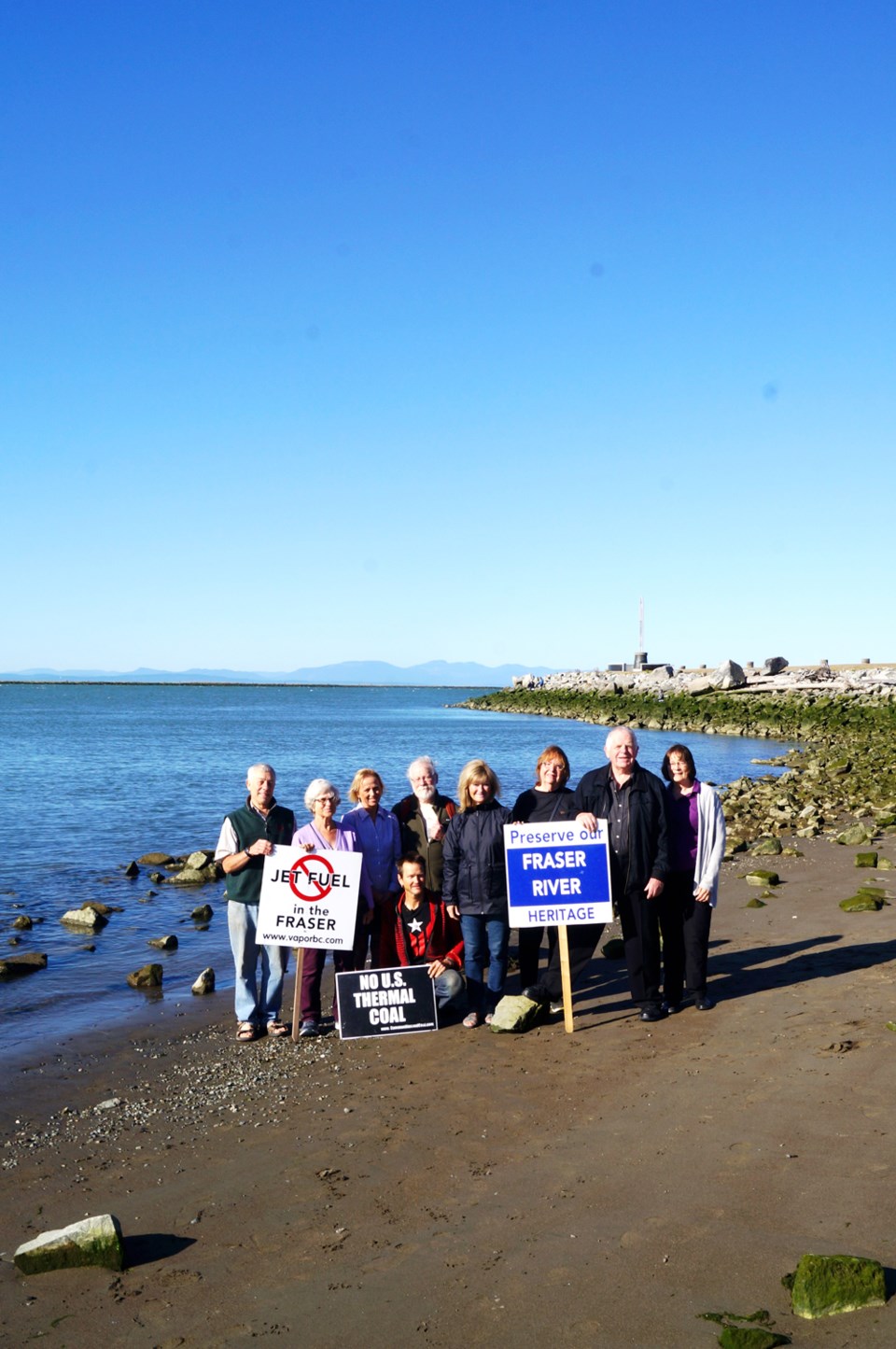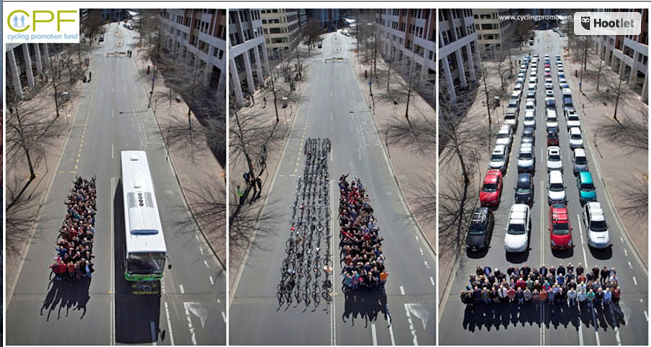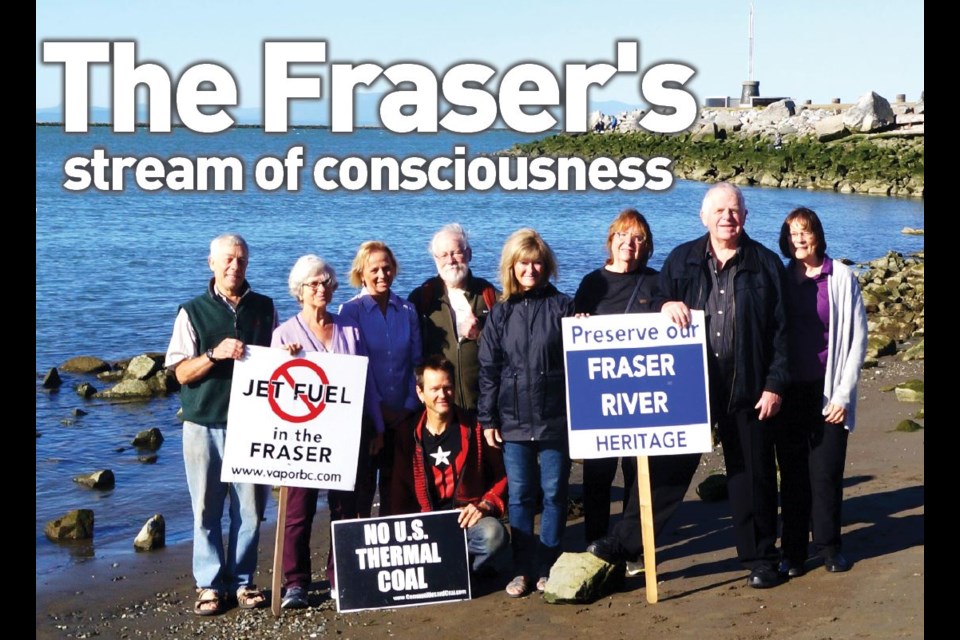A group of environmentalists and concerned citizens that emerged from the bulrushes of the Fraser River less than two years ago is not only growing, but it already claims to have scored a major political win in only its infancy as a registered society in B.C.
Fraser Voices declared it a “great victory” when the George Massey Tunnel replacement bridge was cancelled by the new NDP government.
“But the struggle is not over,” noted the group on its Facebook page Sept. 6.
Fraser Voices is intent on becoming a fixture in mainstream discourse over issues of development along the Fraser River, the crown jewel it seeks to protect from jet fuel, coal, LNG and expanded container ship traffic.
“My main concern is survivability of the marine environment in the river,” said Barbara Huisman, the society’s co-managing director.
With that in mind, Huisman has helped herd what was once “a loosely collected group of people who had various concerns about the Fraser River.
“It seemed like a good idea where like-minded people could get together and collectively have more strength. That’s how it came about,” said Huisman, a registered, lead auditor for environmental systems.
For instance, members include Delta resident Doug Massey, a staunch critic of the Massey Tunnel replacement project who has unearthed numerous provincial government documents he contends show the project lacked adequate public and professional consultation.
Massey notes the bridge would have required extensive groundwork on the silty soils and there’s no indication this had been adequately assessed. So, it’s unknown if the engineering alone could put the bridge well over budget, as like the Port Mann Bridge, which showed a taxpayer-backed $572 million cost overrun, according to recently leaked documents.

Then there’s Eric Doherty, a professional transportation planner, who objects to a new crossing that doesn’t include a rapid transit (rail) line. Doherty notes that expanded highways beget more traffic.
John Terborg, a land and water systems analyst and environmental activist, is opposed to removing the existing tunnel, fearing it will lead to future, deeper river dredging proposed by Port of Vancouver, thus allowing more salt water to flow up river, damaging the ability to irrigate farms.
Fellow activist Eoin Finn, a critic of the LNG industry, contends a planned terminal expansion in Delta puts populations and the Highway 99 crossing at risk of an explosion. Finn contends LNG is energy intensive and counters industry-led oxymoron slogans such as “clean LNG,” noting it’s nevertheless a fossil fuel.
Retired fish biologist Otto Langer, president of VAPOR, a group that opposed a now under construction 80-million litre jet fuel storage facility next to Riverport, is a vocal critic of Canada’s federal environmental review process, or lack thereof.
Fraser Voices, driven by an underlying desire to halt climate change, also includes members from the Watershed Salmon Society, Lower Fraser Fisheries Alliance, BC Waterfowl Society, Delta Farmer’s Institute, Raincoast Conservation Foundation, Council of Canadians and Voters Taking Action on Climate Change.
Huisman claims Fraser Voices is bi-partisan. While members aren’t likely to liven the atmosphere at a Conservative Party event, they have been critical of the federal Liberals who have delayed strengthening environmental laws and protections that were weakened in 2012. They want the Liberals to look at the “cumulative risk assessment” of numerous industrial projects along the Fraser River.
“Each one has a predictability there will be a spill. You add them all together and that’s not a risk I want to take,” said Huisman.
And now the provincial NDP is on the clock, said Huisman.
“Right now we are really focused provincially. Why? Because there are urgent concerns. We’re very concerned about that 10-lane bridge,” said Huisman.
She said a twinned tunnel is the preferred option so that the existing tunnel isn’t removed.
“We definitely don’t want the dredging. It’s a big deal.”
And, “we definitely want a rail line. That’s not in the plans now,” said Huisman.
With no rail, “we’re facilitating cars . . . We need to get people out of cars and that’s the environmental perspective we like to put on it,” she said, noting there had been no analysis of the rapid transit option when the BC Liberals decided on a 10-lane bridge — although, it did included two dedicated HOV/bus lanes.
The anti-bridge message has been a tough sell for those stuck in traffic on a daily basis.

As environmentalists are commonly labelled as anti-development, Fraser Voices posts on its website, “We do not oppose development. We oppose reckless development that threatens human lives and the environment.”
And so with just over 1,000 Facebook followers, they’ve crafted their message.
Member Sandra Bourque said Fraser Voices was determined in the last provincial election to focus less on details of environmental laws and review processes as “people only care if they can get through a tunnel” or over a bridge.
“That’s why we realized we’ve got to focus on things that matter to the vast majority of people and surely to God safety is one of them,” said Bourque.
Some discourse can be alarmist, such as LNG explosions or members saying a bridge with pillars built in silty soils is dangerous — as though it cannot be engineered (engineers/contractors say otherwise). In turn, pro bridge supporters provide more theatre in claiming the existing tunnel is unsafe, as though it cannot be upgraded to modern standards (which it can be).
Or, to escape the political theatre entirely, Huisman said she tries “to talk about things most people would appreciate. I talk about the salmon in the river and the tankers and the risk that goes with them. They want the beauty of the Fraser. They don’t want it ruined.”



